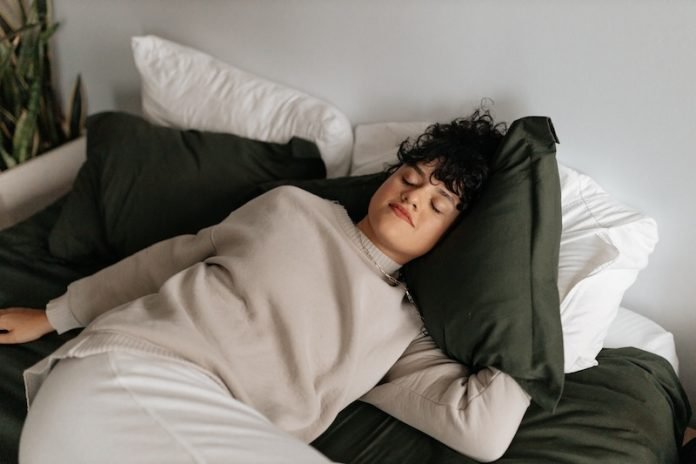
A recent study led by University of Houston Professor of Psychology Candice Alfano, published in the journal Psychological Bulletin, delves deep into the relationship between sleep deprivation and emotional well-being.
This comprehensive analysis, which brings together over 50 years of research, sheds light on how even mild sleep deficiency can significantly affect our daily emotional responses.
Candice Alfano, who also serves as the director of the Sleep and Anxiety Center of Houston, along with co-first authors Cara Palmer and Joanne Bower, analyzed data from 154 studies conducted over five decades, involving 5,715 participants.
These studies examined the effects of disrupted sleep, including extended wakefulness, shortened sleep duration, and intermittent awakenings, on various emotional parameters.
The findings are revealing. All forms of sleep loss led to a noticeable decrease in positive emotions such as joy, happiness, and contentment.
Additionally, participants exhibited heightened anxiety symptoms, including rapid heart rate and increased worrying, even after short periods of sleep loss, like staying up just an hour or two past their usual bedtime or losing a few hours of sleep.
The study also observed an increase in anxiety symptoms and a diminished response to emotional stimuli due to sleep loss.
However, the impact on symptoms of depression was found to be smaller and less consistent, and the findings regarding negative emotions such as sadness, worry, and stress were more mixed.
Given the high prevalence of sleep deprivation in modern society, where more than 30% of adults and up to 90% of teens are not getting enough sleep, these findings have significant implications.
The impact is particularly noteworthy in industries where sleep loss is common, such as among first responders, pilots, and truck drivers.
These sectors are encouraged to develop and implement policies that prioritize sleep to mitigate risks to daytime functioning and overall well-being.
Palmer, an assistant professor at Montana State University, underscores the importance of this research for psychological health promotion in our largely sleep-deprived society.
The team suggests future research directions, including the effects of multiple nights of sleep loss, individual differences in vulnerability to sleep loss, and cross-cultural examinations, as most current research is based in the United States and Europe.
In summary, this study provides a thorough synthesis of experimental sleep and emotion research, offering compelling evidence that even minimal sleep deprivation can adversely affect our emotional health.
This underscores the need for greater awareness and strategies to combat sleep loss in our daily lives and professional sectors.
If you care about sleep, please read studies about herb that could help you sleep well at night, and these drugs could lower severity of sleep apnea by one third.
For more information about sleep, please see recent studies that coffee boosts your physical activity, cuts sleep, affects heartbeat, and results showing how to deal with “COVID-somnia” and sleep well at night.
The research findings can be found in the Psychological Bulletin.
Copyright © 2023 Knowridge Science Report. All rights reserved.



